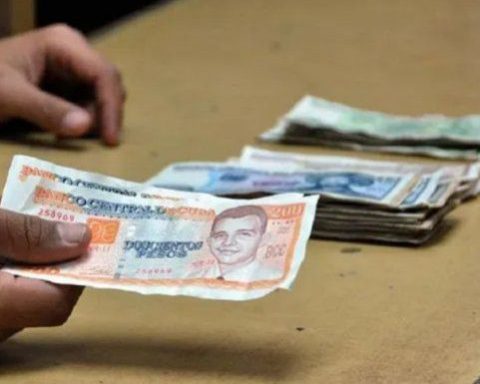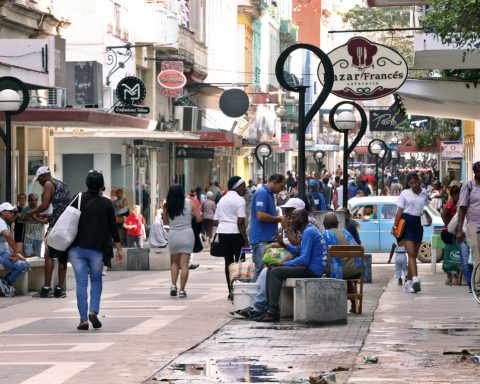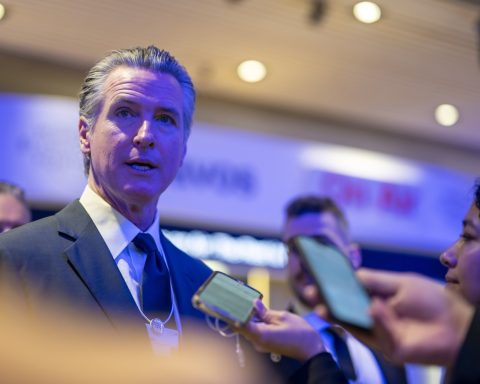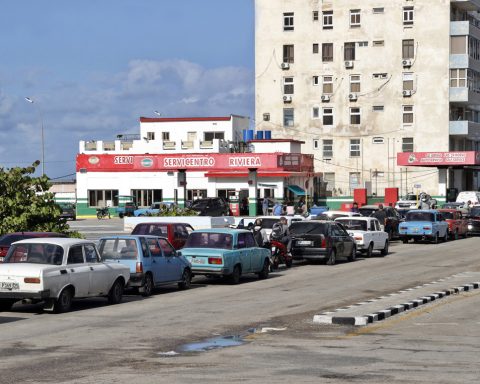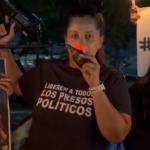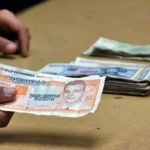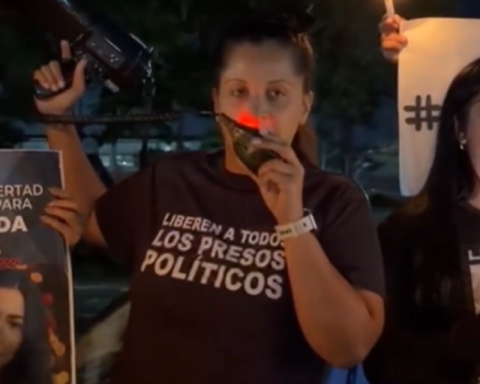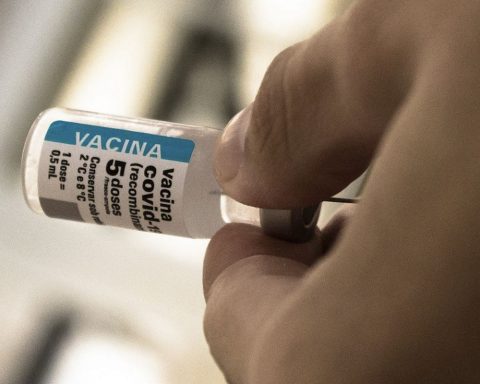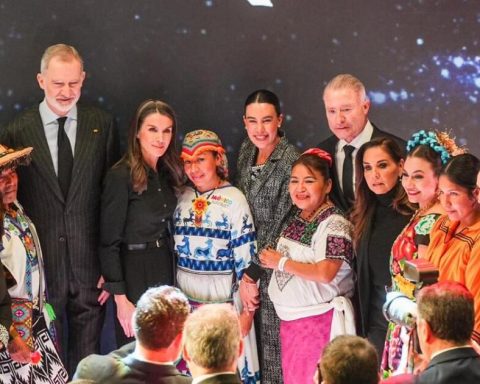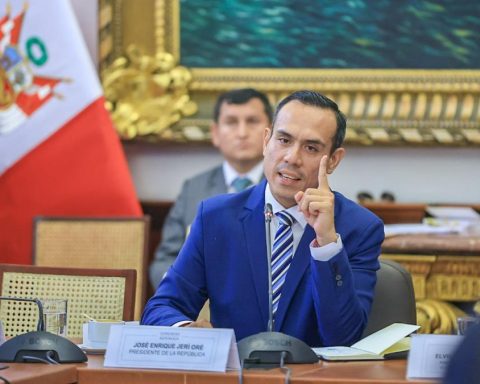Just as the health system and tourism have been seriously affected by Covid-19 as it has not been for decades, although there is no area exempt from the damage, as recognized by the United Nations Children’s Fund (UNICEF), this is experiencing the worst crisis in the 75-year history of the international organization, for which they warn that if the strategy is not changed in time at the global level, it will be equal to a whole decade lost for children.
According to UNICEF, “in less than two years, a hundred million more children have been plunged into poverty, an increase of 10 percent since 2019.” That is why its specialists believe that in the short term it will be very difficult to repair the damage. Being optimistic and still not knowing what direction this problem will take, variants continue to emerge, “in the best of cases, it will take between seven and eight years to recover and return to the levels of child poverty prior to COVID.”
News that is not new at the level of governments or society, since not a few analysts have addressed the issue, is how the gap between the rich and poor in recent months has deepened. “While the rich countries are recovering, the poorest are full of debt and progress in development is increasingly scarce. Furthermore, the poverty rate continues to rise in low-income and least developed countries.
Although for the Cubans who live in Cuba, access to health, education, housing, food and drinking water do not constitute difficulties in themselves, in addition to the internal problems and the shortage suffered by the archipelago, underdeveloped and blocked, the planet Before the pandemic, it already had the alarming number of one billion children who suffered from “at least one serious deprivation since they lacked access to some of these rights.”
UNICEF believes that “the world is at a crossroads. We must decide whether to protect and expand the gains made on children’s rights over the years or whether to suffer the consequences of a decade’s setback and loss for today’s children and youth, something that will affect us all. , everywhere”. There are many infants who worldwide will not return to their schools and will see their studies interrupted for life, others will no longer have their parents and will be forced to work before their time.
Among the measures that the international body has to act on time and not let the problems exacerbate are: “investing in social protection, human capital and public spending to achieve a resilient recovery that includes everyone, put an end to the pandemic and reverse the alarming decline in child health and nutrition, rebuild more solidly ensuring quality education, protection and good mental health for all children and increase resilience in order to improve prevention and response to crises and protect children ”.
